Kintamani-Bali Dog
The Kintamani-Bali Dog is a native Indonesian dog breed that came to life in the Sukawana village in the Kintamani district in Bali.
They have many names in their native country; some are
- Balinese Kintamani,
- Balinese Mountain Dog,
- Anjing Kintamani-Bali,
- and they are most often called the Kinta.

Height:
17–22 in (44–57 cm)

Weight:
28-39 lb (13-18 kg)

Origin:
Indonesia

Life Expectancy:
14 years
Dog Breed Characteristics
This is a well-balanced breed that has a rectangular body and a wedge-shaped head. They have upright-standing, pricked ears and a sickle tail. They possess a beautiful double coat with a relatively short and harsh outer coat and a soft undercoat.
The neck and withers are surrounded by the long harsh outer coat. The longer length outer-coat around the neck that forms a ruff is called “BADONG,” and the longer outer coat at withers, which extends around the back, is called “BULU GUMBA” and they are more visible in males rather than females.
Coat color and grooming
The KBD standard allows white (with biscuit-colored ear edge), black and fawn (with black mask), and brindle.
The Kintamani-Bali dog doesn’t require much grooming, and like many other double-coated dog breeds, the KBD blows its coat during the shedding season when it should be brushed more often. They don’t require bathing too often, and once every month and a half will be more than enough.
You should be careful not to use harmful products as their skin is quite sensitive. The rest is basic care, check their ears, brush their teeth as often as you can, and trim their nails if they don’t wear them out naturally.
Kintamani-Bali Dog temperament
The Kintamani Dog is a relatively “new” breed, so there is still much that needs to be discovered and documented, but what we do know now is that these dogs are affectionate, lovable, alert, and active. They are loyal to their family and will always serve them as watchdogs. Younger KBD-s are lively and “puppyish,” but most dogs calm down as they mature.
Their active nature makes them natural competitors in activities and sports like obedience and agility. It is going to be interesting to see how well these dogs will adapt to other dog sports, as these two sports are the only ones taking place in Indonesia at the moment. When these dogs get popular internationally, we are sure more owners will include them in different sports.
Training and socialization
The Kintamani-Bali Dog is an active dog breed that will need plenty of daily activities to be happy, satisfied, and healthy. Their lively temperament makes them an ideal fit for families that are into games, hiking, running, or swimming.
Training these dogs is generally easy but be prepared to have enough patience. They can easily get distracted so you will need to find proper tools (like their favorite toy) to spark their interest and make training easier. Always use positive reinforcement as a training method, and never use fear, pain, or threats. Dogs that are harshly treated can become aggressive or overly shy.
Like every other dog breed, the Kintamani will also need proper socialization. Expose your dog to many different situations, people, sights, sounds, and dogs. Taking them to a dog park will be a great socialization technique. Proper socialization will ensure your puppy develops into a well-behaved, stable dog.
Kintamani-Bali dog intelligence
These dogs are fairly intelligent and have a natural desire to please their owner, which makes training easier. They are a great fit for experienced and novice dog owners as long as you have enough patience and perseverance. They are not difficult to handle, so there is no need to enroll them in dog school or obedience class, but if you are not sure how to approach their training, it is always a good idea to ask professionals for help!
Active people will be the best possible fit for this lovely breed. They are great therapy dogs for special needs people, and they make great family pets. The best specimens can still be found mostly in their native country of Indonesia, but this breed is gaining momentum, and more and more breeders are exporting them outside of their native borders.
If you are looking to get a loving, affectionate companion dog, you will find one in the Kintamani-Bali Dog.
This breed was presented in collaboration with the Queen Of Kintamani Bali Dog, Mrs. Endah Dwi Palupi.
Photo by: Ferdinal Chandra.
World Dog Finder team

Updated at04.09.2023.
Breed History
The development of this breed is rather interesting as they were largely developed in a closed community with little to no outside interference. Around 3000 years ago, the first dogs came to the island of Bali and they were mostly of Asiatic origin. Dog ownership wasn’t popular then and these dogs quickly became half-wild free-roaming street dogs. They were free to breed as they please and with no special care from dog breeders.
A huge problem with this kind of breeding is that their gene pool was limited as there were no foreign dogs in Bali. These street dogs are closest genetically to the Australian dingo and Asiatic breeds registered in the AKC but not those registered in various European countries. All of these conclusions were of course confirmed by a genetic study of the Kintamani-Bali Dog.
The KBD comes from the region of mountains, volcanos, and forests. It’s still not fully known exactly when this breed was discovered. One traditional Balinese documentation mentioned “Kuluk Gembrong” which is believed to be the origin of the Kintamani-Bali Dog.
These dogs are very popular family pets in Indonesia and even became the national breed. Before they became family pets, the Kintamani Dogs were used for protection purposes. They were the primary field guard. To this day, these dogs have a very alert nature.
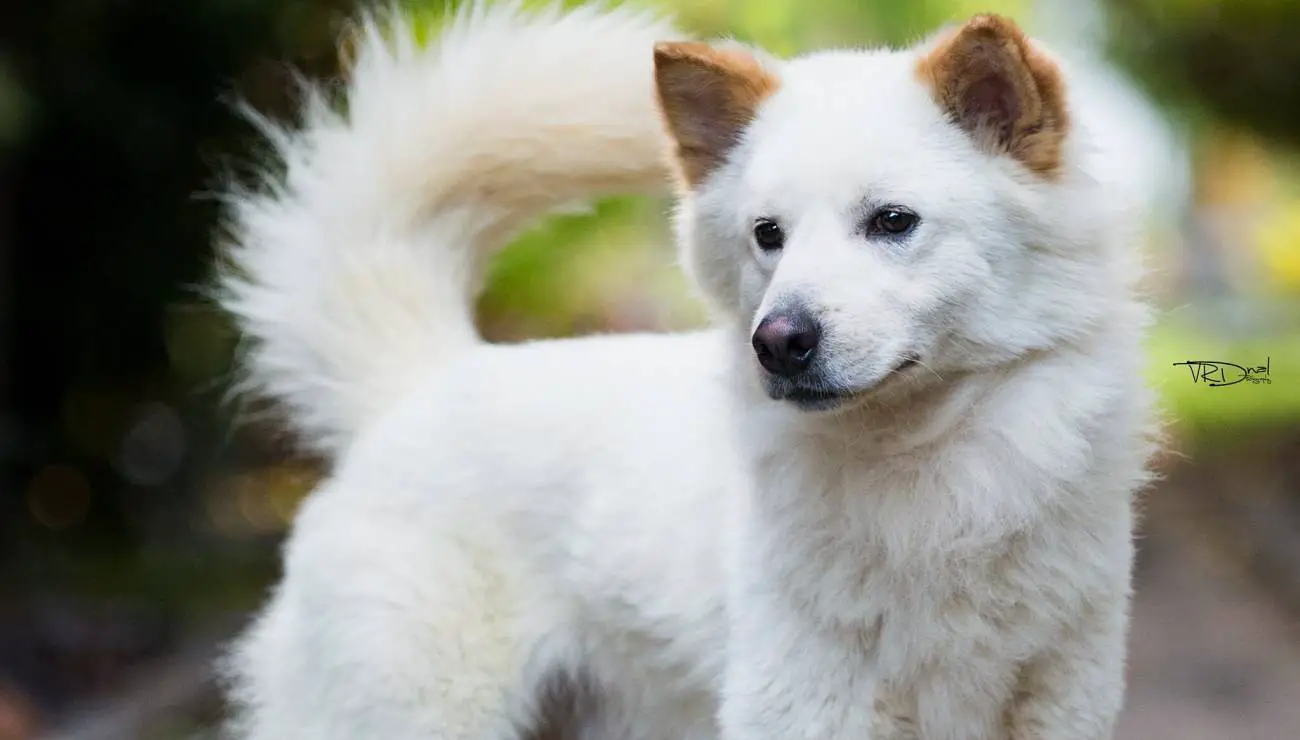

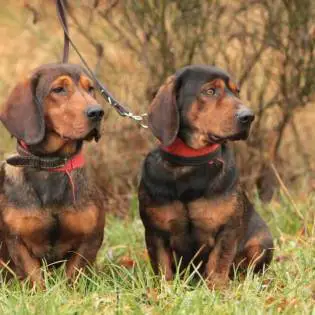

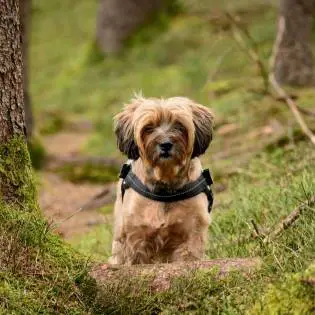


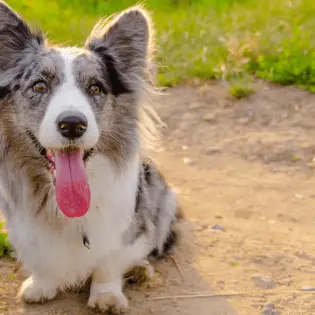
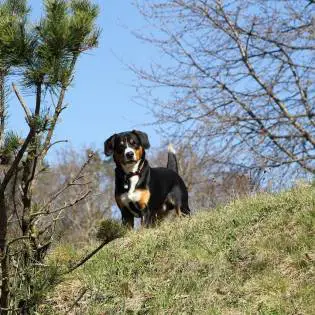
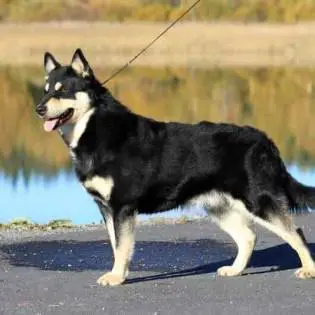


Share